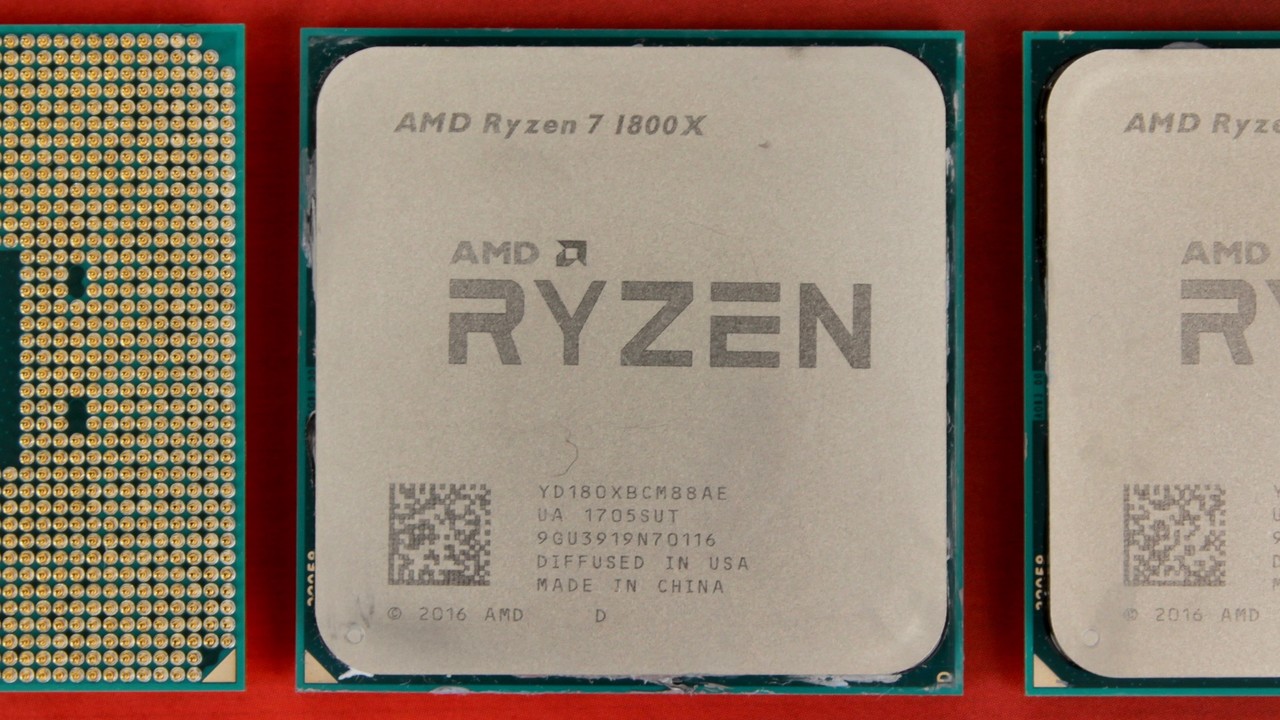Originally posted by efikkan
View Post
Originally posted by efikkan
View Post
Originally posted by efikkan
View Post


 or in whole 30% difference, which is too much disparity between two stories really
or in whole 30% difference, which is too much disparity between two stories really 
Comment